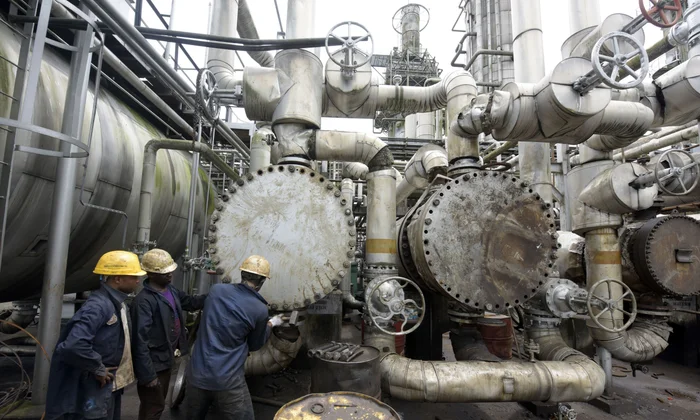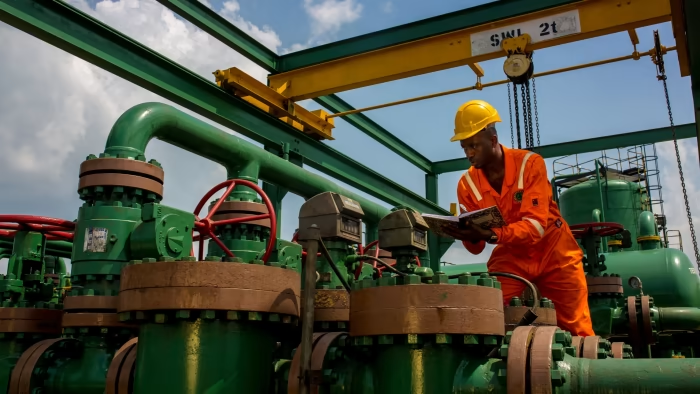Nigeria’s ability to compete in global markets could improve significantly if the country boosts oil production and implements strategic exchange rate reforms, according to Samson Esemuede, MD/CIO of Zrosk Capital.
Speaking to Nairametrics, Esemuede stressed the need for structured policies to enhance foreign exchange stability and non-oil exports.
He explained that while Nigeria’s long-term goal should be to strengthen non-oil exports, immediate economic stability hinges on increasing Foreign Portfolio Investments (FPIs), boosting remittances, and reducing import dependence. In the short term, higher oil revenues remain crucial.

Esemuede highlighted that increased oil production could provide a stable revenue base for reinvesting in key infrastructure, which would ultimately support non-oil exports. He noted that oil revenue growth would enable investments in ports, roads, and rail networks, improving Nigeria’s competitiveness.
He also pointed out that recent exchange rate adjustments have lowered unit labor costs, making Nigerian exports more attractive in global markets.
Recent crude price declines pose challenges to Nigeria’s revenue targets. Brent Crude dropped to $70.5 per barrel, while Nigeria’s flagship crude, Qua Iboe, declined to $74 per barrel—below the government’s $75 per barrel benchmark for its 2025 budget.
However, Nigeria’s oil production increased in February, surpassing its OPEC quota of 1.5 million barrels per day by 70,000 bpd. Industry experts believe sustained production growth could help stabilise the economy despite volatile oil prices.


 Trending
Trending 